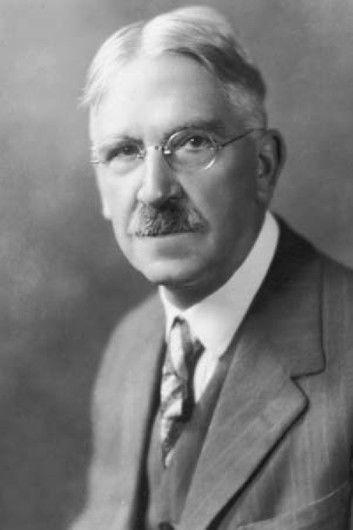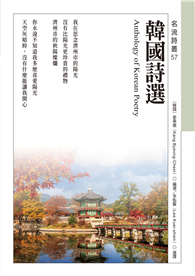| FindBook |
有 1 項符合
How We Think (Illustrated)的圖書 |
 |
How We Think (Illustrated) 作者:John Dewey 出版社:Timeless Books 出版日期:2016-11-22 語言:英文 |
| 圖書館借閱 |
| 國家圖書館 | 全國圖書書目資訊網 | 國立公共資訊圖書館 | 電子書服務平台 | MetaCat 跨館整合查詢 |
| 臺北市立圖書館 | 新北市立圖書館 | 基隆市公共圖書館 | 桃園市立圖書館 | 新竹縣公共圖書館 |
| 苗栗縣立圖書館 | 臺中市立圖書館 | 彰化縣公共圖書館 | 南投縣文化局 | 雲林縣公共圖書館 |
| 嘉義縣圖書館 | 臺南市立圖書館 | 高雄市立圖書館 | 屏東縣公共圖書館 | 宜蘭縣公共圖書館 |
| 花蓮縣文化局 | 臺東縣文化處 |
|
|
The book has an active table of contents for readers to easy access of each chapter.
John Dewey was one of the most influential American philosophers, psychologists, and educators whose ideas have impacted education and social reform around the world. He is one of the founders with the philosophy of pragmatism and of functional psychology. He is in the row with the greatest thinkers including Bertrand Russell, Ludwig Wittgenstein, Karl Popper, Charles Peirce, John Mill, and William James.
Dewey considered schools and civil society as the two fundamental elements that had to be constructively evolved by encouraging experimental intelligence and plurality. Dewey’s belief is that complete democracy is to be sustainable not just by giving and extending voting rights but also by ensuring that a fully formed public opinion is accomplished by communication among citizens, experts, and politicians with the full accountability and responsibility for the policies they adopt.
HOW WE THINK is a highly influential publication by John Dewey. Dewey further elaborated his philosophic view of education that “Our schools are troubled with a multiplication of studies, each in turn having its own multiplication of materials and principles. Our teachers find their tasks made heavier in that they have come to deal with pupils individually and not merely in mass. Unless these steps in advance are to end in distraction, some clew of unity, some principle that makes for simplification, must be found. This book represents the conviction that the needed steadying and centralizing factor is found in adopting as the end of endeavor that attitude of mind, that habit of thought, which we call scientific. This scientific attitude of mind might, conceivably, be quite irrelevant to teaching children and youth. But this book also represents the conviction that such is not the case; that the native and unspoiled attitude of childhood, marked by ardent curiosity, fertile imagination, and love of experimental inquiry, is near, very near, to the attitude of the scientific mind. If these pages assist any to appreciate this kinship and to consider seriously how its recognition in educational practice would make for individual happiness and the reduction of social waste, the book will amply have served its purpose.”
The University of Chicago Laboratory Schools that John Dewey founded was to deliver his pedagogical beliefs “to prepare him for the future life means to give him command of himself; it means so to train him that he will have the full and ready use of all his capacities”. His educational thought of “Learning by Doing” also formed the foundation of the opening of Indian Springs School, Alabama in 1952, one of the best boarding schools in the United States. The school has adapted John Dewey’s pedagogical beliefs in its longstanding motto, Learning through Living.
John Dewey’s influence has been felt in nearly every field of the humanities, sciences, and American corporate culture such learning by doing. The reasoning by John Dewey still remains as relevant today as it was then. This book is one of the most important ones about the deepest thoughts of education and psychology by John Dewey, one of the greatest thinkers of education, psychology, and logic on the planet.
|











